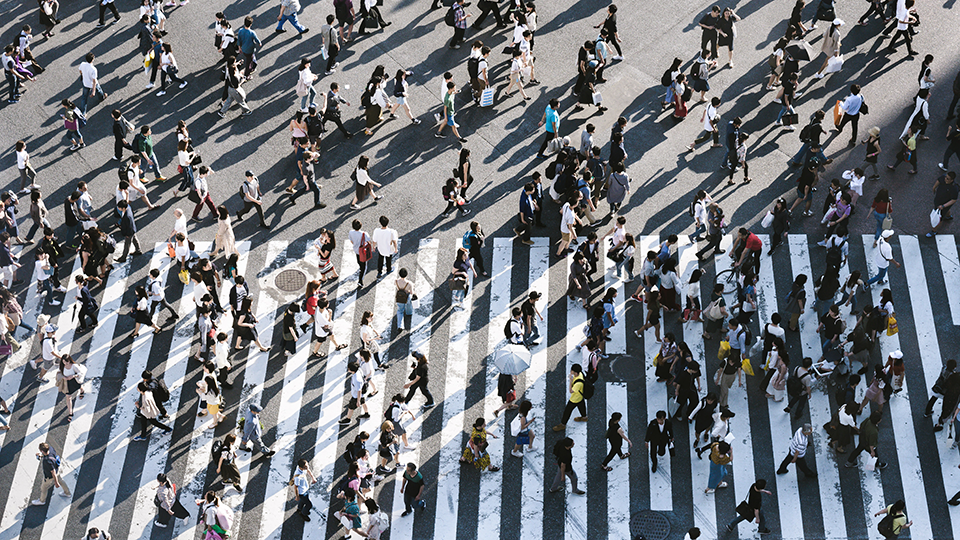
Global Virus, Global Responsibility
The COVID-19 virus, also called the novel coronavirus, has brought into sharp focus what an extraordinarily interconnected world in which we live. There is no walling off the virus. It sweeps around the world rapidly because we humans also move around the world rapidly. We do so because as a species we love to see new places and meet new people, but also because we benefit enormously from the incredible richness and diversity of natural resources and human creativity and innovation distributed throughout the world.
But with the benefits of globalization come responsibilities. We have established highly sophisticated, interconnected global systems of making, sharing, buying, and selling...but we have only rudimentary means of regulating the negative consequences of these actions. Whether it’s quickly identifying and containing the acute danger of new infectious diseases or managing the chronic threat posed by humanity fundamentally altering the composition of the global atmosphere (and therefore its behavior), we are underprepared.
The coronavirus will eventually burn itself out, but not without extracting a grievous toll in human suffering. The full extent of that pain is still being determined by the efficacy of our actions to slow the spread of the virus. But we will survive and learn from this severe shock to our society, and it’s not too early to begin thinking about what those lessons should be. I have some suggestions on what we should remember:
Other highly infectious diseases will arise in the future and we must foster the international cooperation necessary to spot them early so that we jointly can act quickly to contain them.
Disease outbreaks are acute traumas—they don’t last forever. The months it takes for them to run their courses may seem interminable while in the midst of them, but they are finite in duration.
Burning fossil fuels, clearing forests, and, in so doing, releasing huge amounts of carbon dioxide into the atmosphere will have consequences that stretch hundreds or thousands of years into the future.
We must develop the international cooperation necessary to slow and eventually stop the global changes in climate that we have set in motion for the benefit of the present generations and all those to come.
The coronavirus teaches us that we now live on a human-dominated, interdependent planet. But this planet now also is home to the healthiest, wealthiest, best-educated, and most innovative, creative, and connected populace in history. Human decision-making will determine the future of Earth, either by default or by design; either by accident or by intention.
So what do we want our future Earth to be? I submit that it is one in which we all are cognizant of the cumulative implications of all of our individual choices and actions. It is one in which we all benefit from living in an interconnected world while all taking responsibility for avoiding the adverse consequences of living on a planet where humanity now is the dominant agent of change.